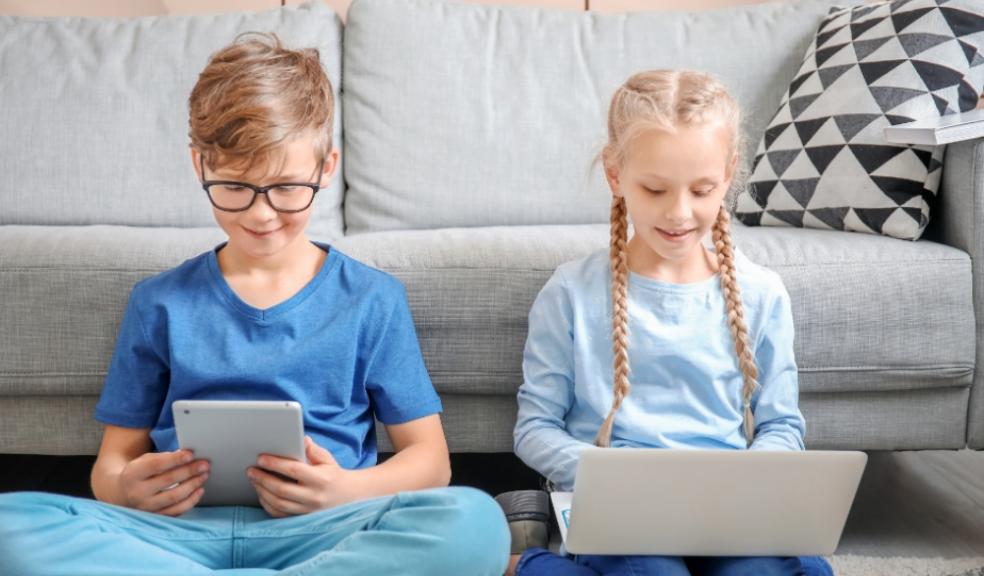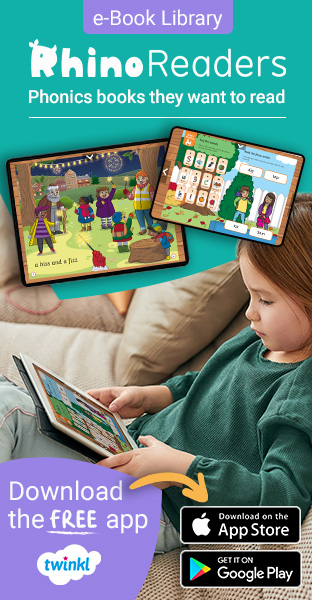
Over 70% of 5-11 year olds would rather speak to friends online than in person, says new report highlighting the real feelings of children online
Just 23% of young people aged 5-11 prefer speaking to their friends in person rather than online, recent research has shown.
The results come from anonymous data from over 15,000 pupils across 2,500 schools about their online habits and how they feel about the internet and social media.
In the most shocking statistic, when asked what they believe to be the best way to chat with friends, 60% of children said that online messaging was their favoured method of communication, 11% said messaging whilst gaming, 4% through streaming messaging, 2% using search engine platforms and just 23% in person.
The data was collected by the online safety and digital literacy platform Natterhub. The report is one of the first to survey children directly and offers a one-of-a-kind insight into the thoughts and feelings of 5-11 year olds on the internet and social media.
The Covid-19 pandemic has made internet safety and online literacy a focus for parents and teachers alike, with children across the globe adapting to remote learning often run through online platforms and cloud systems. However, this reliance on the internet has also highlighted concerns over what can be accessed on the internet and young people’s understanding of the impact of posting or interacting online. The data from Natterhub, which has been gathered over the last year (from May 2020 to May 2021), found that:
- 38% of 5-7 year olds said they could tell if someone was good or bad based on their profile picture, suggesting that they may trust someone online based on their appearance
- Concerningly, over 7 in 10 children (76%) knew someone who had been trolled and half of children aged 10-11 admitted to regretting something they had posted online, suggesting that young people may believe the impact of online communication isn’t as significant as in-person.
- Cyberbullying is all too common, with 55% having experienced bullying over their appearance and 22% on their race or ethnicity. 91% want the internet to be kinder.
- As 74% of children have shared posts on social media, it was reassuring that over two thirds (66%) of pupils knew what privacy settings were, however 50% would still post to social media before altering their privacy settings.
- 25% of children aged 8-9 were unaware that anything they post online can be seen by people they don’t know
- 76% of 10-11 year olds have had images of themselves shared by someone else online, however only 12% had been asked for permission before posting the image
Natterhub is used by schools to teach children the skills they need to keep safe and happy online, through weekly lessons and activities. These are hosted on the Natterhub platform which looks and feels like a social media site. During each weekly lesson, children are offered the chance to vote in a poll related to topics ranging from communication and privacy to wellbeing. Natterhub has used the data to create a report into ‘How Children Really Feel Online’ that gives parents, teachers and educators a comprehensive understanding of what children think of the internet.
Manjit Sareen, Co-founder of Natterhub and a parent of two young children, said: “Whilst parents and policymakers are aware of the internet and its effects on children, the direct feedback is incredibly helpful in aiding their understanding of the ever-developing digital world and is in many cases quite shocking and eye-opening.”
Manjit and fellow Co-founder Caroline Allams expect a surge in parents looking for more support navigating their children’s online presence. The report provides a section on ‘trusted adults’ and how confident children would feel informing an adult if something online has made them uncomfortable. Concerningly, 17% of children said they didn’t have a trusted adult in their life. Reassuringly however, over 8 in 10 said they would inform a trusted adult should someone online contact them asking to meet up or act inappropriately.
Caroline Allams, who worked as an Assistant Headteacher before founding Natterhub, said: “As our children live with, and through technology, they have a right to education to help keep them suitably safe and savvy online. Our data depicts much potential risk, and digital literacy education provides the necessary skills to bolster resilience and knowledge in order for children to thrive online.
“Data that has come from pupils directly is a privileged view into their digital lives. Taking a triangular parent - teacher - pupil approach ought to be a priority now if we are to safely steer our young people in the right direction. We hope that the publication of this data will provide useful insight for other providers to support where pupils need it most.”
Jonathan Seaton, Co-founder of the educational publisher Twinkl and the business accelerator TwinklHive, which supports Natterhub, said: “Children are engaging with the online world like never before and the data highlights just how important it is as a way for them to communicate with each other and build relationships.
“It was also surprising to see how many children don’t understand how their posts can be seen by others and have had their images shared without permission online. This is why it’s so important that children fully understand the realities of communicating and sharing information digitally about themselves and their peers. They need the education and guidance to make informed decisions and by understanding their experiences and perspectives we can give the right guidance and support.”
The full report is available by registering for access on Natterhub’s website here.
Cover photo By pixelshot on Canva













